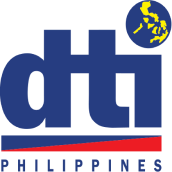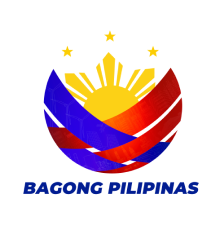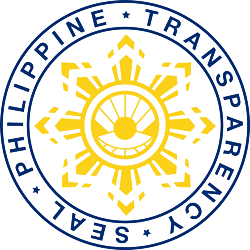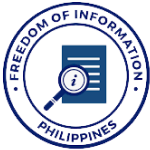Overview the PH-EFTA FTA Agenda
Established in 2018, the PH-EFTA FTA is a comprehensive trade agreement between the Philippines and EFTA countries (Switzerland, Norway, Iceland, Liechtenstein).
Key goals: facilitate the free flow of goods, investment, and services and strengthen economic cooperation in a sustainable, mutually beneficial framework.
Key Objectives of PH-EFTA FTA
Lower tariff barriers for key Philippine exports, particularly in fisheries, agricultural goods, and electronics.
Support sustainable market expansion by leveraging EFTA’s high-income economies for Filipino products and services.
Encourage EFTA investments in sectors like renewable energy, healthcare, and technology.
Establish safeguards for foreign investments to ensure stability and growth in Philippine markets.
Focus on providing market access in business services, financial services, and professional exchanges.
Enhance intellectual property protection to promote innovation and knowledge-sharing.
Priority Sectors for PH-EFTA FTA
Expand tariff-free market access for Philippine agricultural exports such as tropical fruits, seafood, and value-added Agri-products.
Promote EFTA investments in the Philippine renewable energy sector, particularly in solar, wind, and geothermal.
Enhance collaboration in healthcare, IT, finance, and engineering to support high-value service exchanges.
Increase EFTA market access for pharmaceutical and healthcare goods, supporting improved healthcare standards.
Key Areas of Collaboration and Integration
Both parties are committed to environmental protection, emphasizing low-carbon growth and eco-friendly initiatives in trade.
Streamline customs procedures to ensure faster, more reliable trade flows, with simplified digital documentation for efficient transactions.
Support Filipino SMEs in expanding to EFTA markets, providing technical assistance, training, and export promotion.
Improve IP protection mechanisms to foster a stronger innovation environment and encourage knowledge sharing between the Philippines and EFTA.
Institutional Framework and Monitoring
-
Joint Committee Oversight
PH-EFTA Joint Committee monitors and evaluates agreement implementation, adapting strategies to emerging needs.
-
Annual Progress Reviews
Evaluate performance metrics and milestones for trade, investment, and service integration.
Collaborate with stakeholders to address challenges and identify new growth opportunities.
-
Stakeholder Engagement and Support
Engage the private sector and local industries in consultations to enhance FTA benefits for Philippine businesses and exporters.






